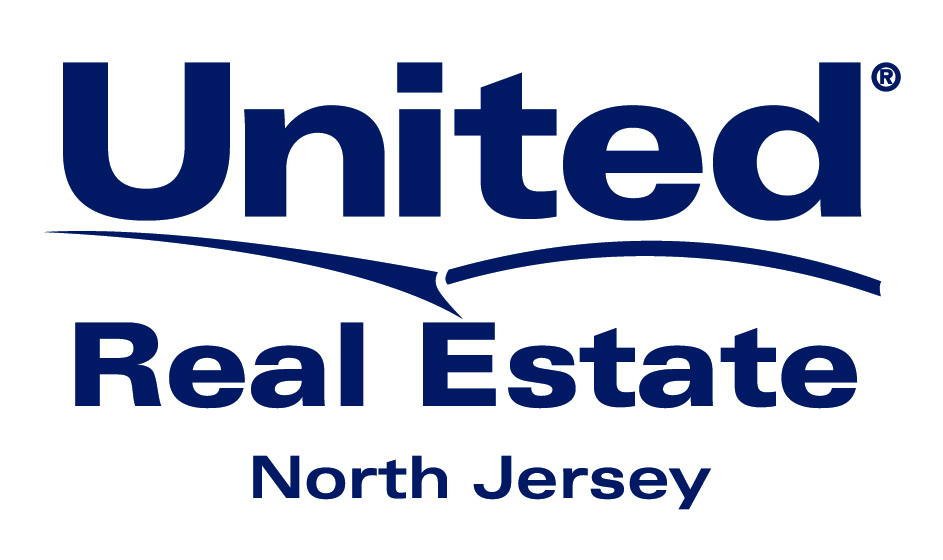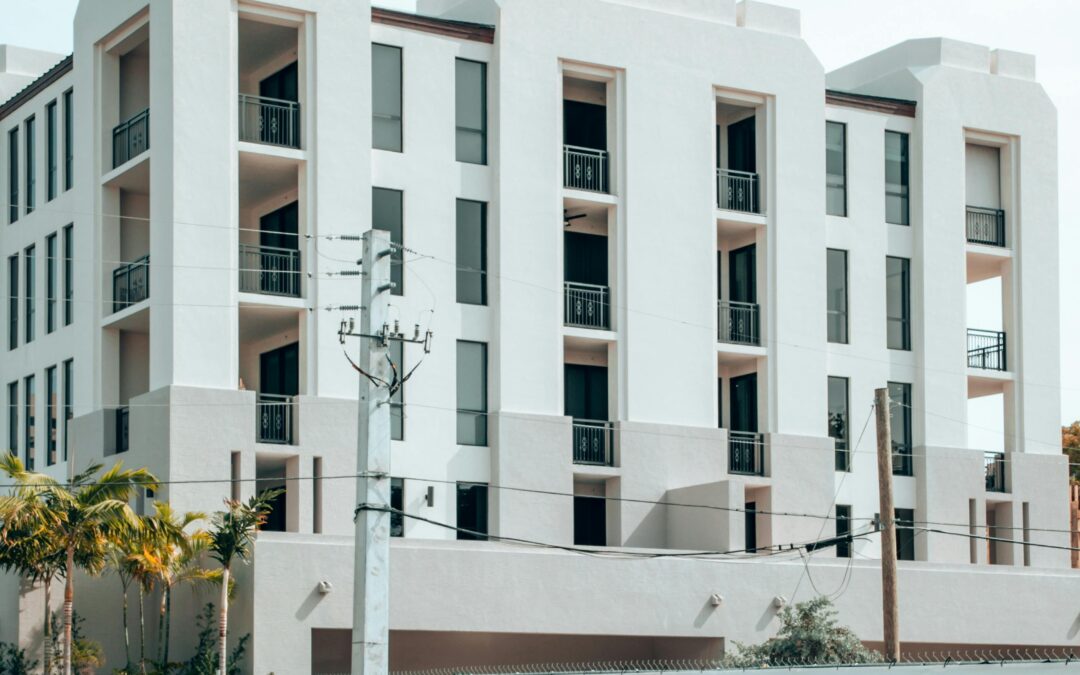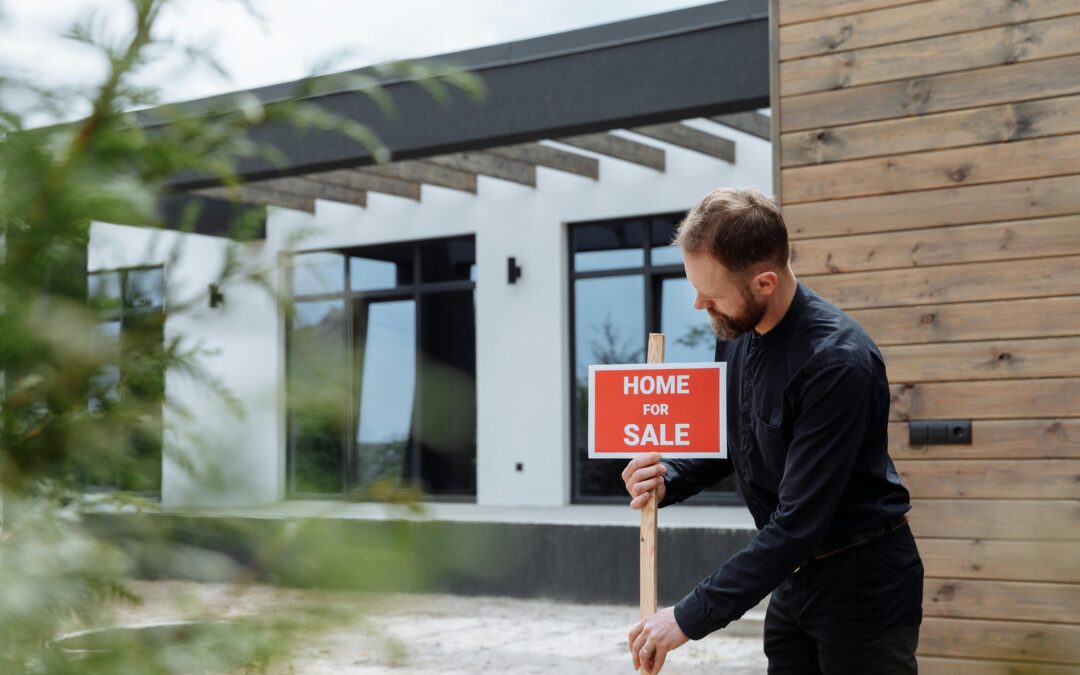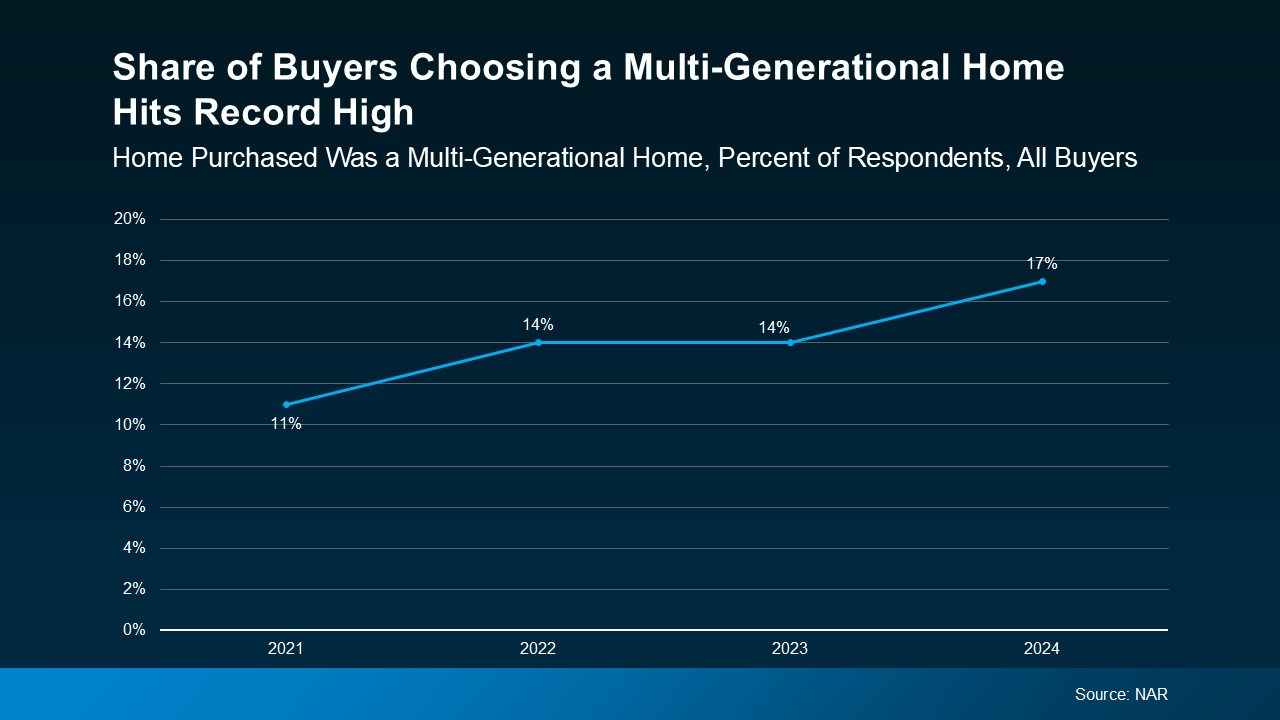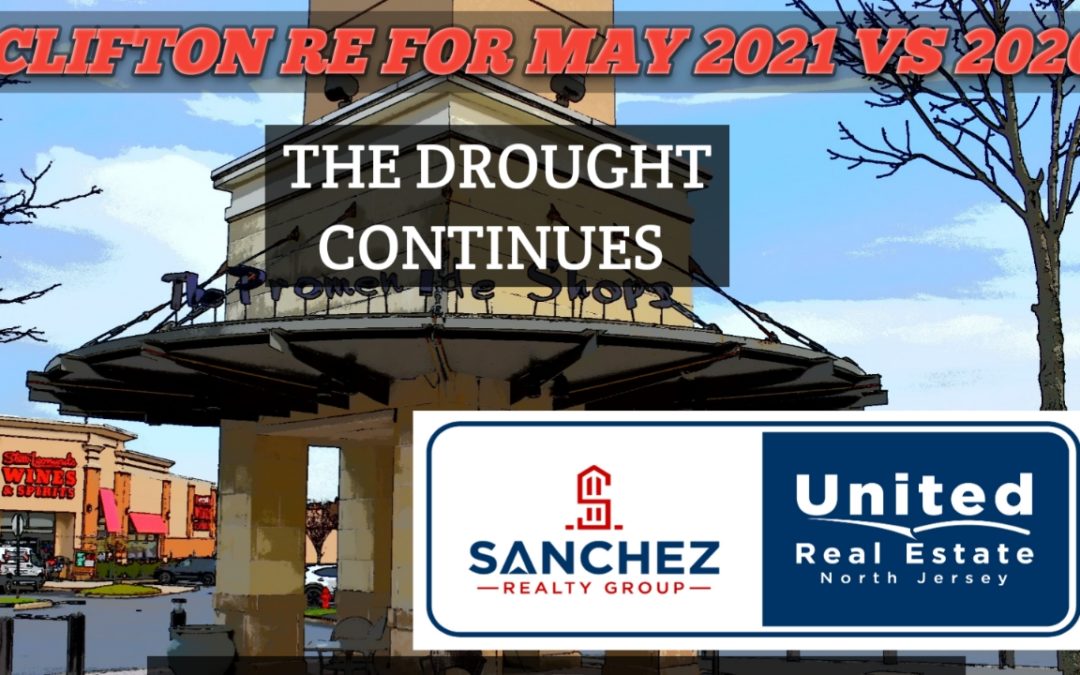
by robwp |
Buying a Home Grants in New Jersey
Buying a home grants in New Jersey: Are Grants Available to Help You Buy a Home in New Jersey?
The biggest hurdle to purchasing a home is saving for a down payment and closing costs, so buying a home with grants in New Jersey is possible. Fortunately, numerous grants, programs, and institutions can help, with purchasing a home Grants that are designed to assist first-time buyers and those with limited financial resources. In this blog, we’ll explore the types of assistance available, focusing on how buyers in towns like Clifton and across Northern New Jersey can benefit.
Types of Homebuyer Assistance Programs
New Jersey offers several types of homebuyer assistance programs:
1. Down Payment Assistance Programs
These programs provide grants or forgivable loans to help cover down payment and closing costs.
2. First-Time Homebuyer Programs
First-time buyers often qualify for additional benefits, including reduced interest rates and grants.
3. Local Assistance Programs
Some towns and counties have specific programs to encourage homeownership in their communities.
4. Additional Resources to Consider and Review:
Check this site from the Down Payment Resource in New Jersey
Statewide Programs in New Jersey
The state of New Jersey provides several key programs for homebuyers:
1. NJHMFA Down Payment Assistance Program
The New Jersey Housing and Mortgage Finance Agency (NJHMFA) offers a forgivable loan of up to $15,000 for qualified first-time homebuyers. Key benefits include:
- No repayment required if you stay in the home for five years.
- Available in towns like Clifton and other areas of Northern New Jersey.
2. Live Where You Work Program
- This program provides low-interest mortgage options to homebuyers purchasing a home in the town where they work. It’s particularly beneficial for buyers in urban areas such as Paterson, Newark, and Jersey City.
3. Federal Home Loan Bank (FHLB) Programs
- FHLB offers grants of up to $5,000 for first-time homebuyers through participating banks. These funds can be applied toward down payment and closing costs.
Local Assistance Programs in Northern New Jersey
1. Clifton First-Time Homebuyer Program
Clifton occasionally partners with local institutions to offer grants and counseling services for first-time buyers. Programs may include:
- Homeownership workshops.
- Down payment assistance.
2. Bergen County Homebuyer Assistance
Bergen County’s Division of Community Development offers funds to help low- and moderate-income buyers purchase homes. Towns such as Hackensack, Englewood, and Fort Lee may have additional localized initiatives.
3. Essex County First-Time Homebuyer Program
Essex County provides financial assistance to eligible buyers in towns like Montclair, Bloomfield, and East Orange.
4. Morris Habitat for Humanity
Morris Habitat for Humanity offers affordable housing opportunities and financial education workshops in towns like Parsippany and Morristown.
Institutions Offering Homebuyer Assistance
Numerous institutions in New Jersey support homebuyers, including:
1. Hudson County Economic Development Corporation (HCEDC)
HCEDC provides grants and financial counseling for homebuyers in towns like Hoboken and Jersey City.
2. United Way of Northern New Jersey
United Way offers resources to help families achieve homeownership, including financial literacy workshops and grants.
3. Affordable Housing Alliance (AHA)
The AHA provides affordable housing opportunities and education for buyers across New Jersey, including programs specifically tailored for Northern New Jersey residents.
4. Local Banks and Credit Unions
Many banks and credit unions in New Jersey partner with organizations like the Federal Home Loan Bank to provide grants and low-interest loans to eligible buyers.
How to Qualify for Assistance: Buying a home with a grant in New Jersey is possible.
Each program has specific eligibility requirements, which may include:
- Income Limits: Many programs are designed for low- to moderate-income households.
- First-Time Buyer Status: Some grants are reserved for first-time buyers or those who haven’t owned a home in the past three years.
- Location: Certain programs are tied to specific towns or counties.
- Credit Requirements: A good credit score is often necessary to qualify for assistance.
Steps to Take Advantage of Homebuyer Grants in Clifton and Beyond;
- Research Local Programs: Start by exploring programs in your town or county.
- Attend Workshops: Many organizations offer first-time homebuyer workshops that provide valuable information about grants and loans.
- Work with a Knowledgeable Realtor: A local expert like Roberto A. Sanchez at Sanchez Realty Group can help you navigate available programs and find homes that fit your budget.
- Get Pre-Approved for a Mortgage: This will help you determine your budget and identify which grants and loans you qualify for.
Why Clifton and Northern New Jersey Are Ideal for Homeownership
Clifton and surrounding towns offer a wide range of housing options, from single-family homes to condos, making them perfect for first-time buyers. The area also boasts:
- Proximity to major cities like New York.
- Excellent schools and community resources.
- Access to public transportation and major highways.
By taking advantage of local grants and assistance programs, you can make your dream of homeownership a reality in Clifton and Northern New Jersey.
Sanchez Realty Group and Roberto A. Sanchez: Your Partner in Homeownership
Navigating the world of homebuyer grants and assistance programs can be overwhelming, Buying a home with grants in New Jersey is possible and you don’t have to do it alone. Roberto A. Sanchez and the Sanchez Realty Group team are experts in the Clifton real estate market and Northern New Jersey and can connect you with the resources you need to succeed.
Ready to explore your options? Contact Sanchez Realty Group at United Real Estate today and take the first step toward owning your dream home in Clifton or Northern New Jersey.

by robwp |
Buying a Home in Foreclosure: A Guide for New Jersey Buyers
Are you considering buying a home in foreclosure in New Jersey? Foreclosures can be an attractive option for homebuyers and investors seeking below-market deals, but they come with unique challenges and risks. Understanding the foreclosure process and the market dynamics across New Jersey is key to making informed decisions.
What Is a Foreclosure?
A foreclosure occurs when a homeowner fails to make mortgage payments, leading the lender to repossess the property. These homes are often sold at a discount, making them appealing to buyers looking for affordability or investment potential. However, understanding the foreclosure process and the potential risks is crucial before diving in.
Why Consider Buying a Foreclosure?
- Lower Prices: Foreclosures are typically priced below market value, offering significant savings.
- Investment Opportunities: These properties are ideal for buyers interested in fixing and reselling (flipping) or renting them out.
- Potential Equity: With the right improvements, foreclosures can gain substantial value over time.
- Variety of Buyers: Foreclosures aren’t just for first-time homebuyers—they’re also attractive to seasoned investors, property developers, and those looking for multi-family rental opportunities.
Types of Foreclosure Sales
Understanding the different stages of foreclosure is essential for making informed decisions:
Pre-Foreclosure:
-
- The homeowner is in default but still owns the property.
- You can negotiate directly with the owner to purchase the home before it goes to auction.
Foreclosure Auction:
-
- Properties are sold at public auctions to the highest bidder.
- Buyers often need to pay in cash and have limited opportunities to inspect the property.
Real Estate Owned (REO) Properties:
-
- These homes did not sell at auction and are owned by the lender.
- Buying REO properties typically involves fewer risks than auctions and includes a traditional buying process.
Steps to Buying a Foreclosure Property
- Determine Your Budget
- Work with a lender to understand your financing options.
- Consider additional costs, such as repairs, inspections, and closing fees.
- Partner with an Experienced Real Estate Agent
- A knowledgeable agent can help you locate foreclosures, evaluate potential risks, and negotiate the best deal.
- Research the Property
- Perform due diligence to uncover any liens, unpaid taxes, or other encumbrances.
- Understand the property’s condition and market value to avoid overpaying.
- Inspect the Home
- Whenever possible, schedule a professional inspection to identify structural or mechanical issues.
- Be prepared for potential as-is sales, where repairs are your responsibility.
- Secure Financing
- Many buyers use cash, but specialized loans like FHA 203(k) or Fannie Mae’s HomePath can cover purchase and renovation costs.
- Work closely with your lender to determine the best option for your situation.
- Make an Offer
- Your agent will guide you in crafting a competitive offer based on market conditions and the property’s history.
- Be prepared for additional paperwork and lender requirements.
- Close the Deal
- The closing process for foreclosures can be more complex, so patience is key.
- Your real estate agent will assist with navigating any challenges and ensuring a smooth transaction.
Areas in New Jersey with Higher Foreclosure Rates
Certain regions in New Jersey tend to have a higher concentration of foreclosure properties. These include:
- Essex County: Cities like Newark and East Orange often have foreclosures due to urban density and economic factors.
- Passaic County: Areas such as Paterson and Passaic offer opportunities for both investors and homebuyers.
- Camden County: Foreclosures are common in cities like Camden, Trenton, and Pennsauken, with potential for revitalization projects.
- Atlantic County: Coastal towns, including Atlantic City, frequently have distressed properties due to fluctuations in the tourism-driven economy.
- Union County: Elizabeth and Linden are notable for foreclosure opportunities, particularly for multi-family and investment properties.
Potential Risks of Buying a Foreclosure
While foreclosures can offer great deals, they also come with challenges:
- Unknown Condition: Many foreclosures are sold as-is, meaning you inherit all repairs and issues.
- Competition: Other buyers and investors may drive up prices in popular areas.
- Extended Timelines: The foreclosure process can be lengthy, especially for REO properties.
- Legal Complications: Outstanding liens or disputes can complicate the sale.
Tips for Investors and Flippers
For investors and property flippers, foreclosures offer unique opportunities to maximize profits. Here are some additional strategies:
- Look for Undervalued Properties: Focus on homes in areas with strong market demand and growth potential.
- Build a Renovation Team: Work with reliable contractors and designers to handle renovations efficiently.
- Know Your Numbers: Calculate your after-repair value (ARV) and ensure your investment aligns with profit goals.
- Understand Local Zoning Laws: Ensure the property’s intended use aligns with zoning regulations, especially for multi-family or commercial ventures.
- Leverage Tax Benefits: Consult with a tax professional to understand deductions available for investment properties.
Why Buying Foreclosure Homes Appeal to Rental Property Buyers
For those interested in building rental portfolios, foreclosures provide:
- Affordable Entry Points: Lower purchase prices increase potential returns.
- Customization Potential: Renovate the property to meet tenant preferences and charge competitive rents.
- Scalability: Investors can acquire multiple properties within their budget, building a robust portfolio in areas with strong rental demand.
- Scarcity: Obviously with the higher demand and therefore prices of homes and real estate there are fewer foreclosures now and the best way to source better deals is with off-market.
Ready to Explore Foreclosure Opportunities?
Contact us at United Real Estate and Sanchez Realty Group, led by Roberto A. Sanchez, a trusted and experienced real estate professional to guide you through the complexities of purchasing foreclosure properties, if you’re buying a Home in Foreclosure in New Jersey. Whether you’re a first-time buyer, seasoned investor, builder, or property flipper, having the right team on your side ensures a smooth and informed buying experience.
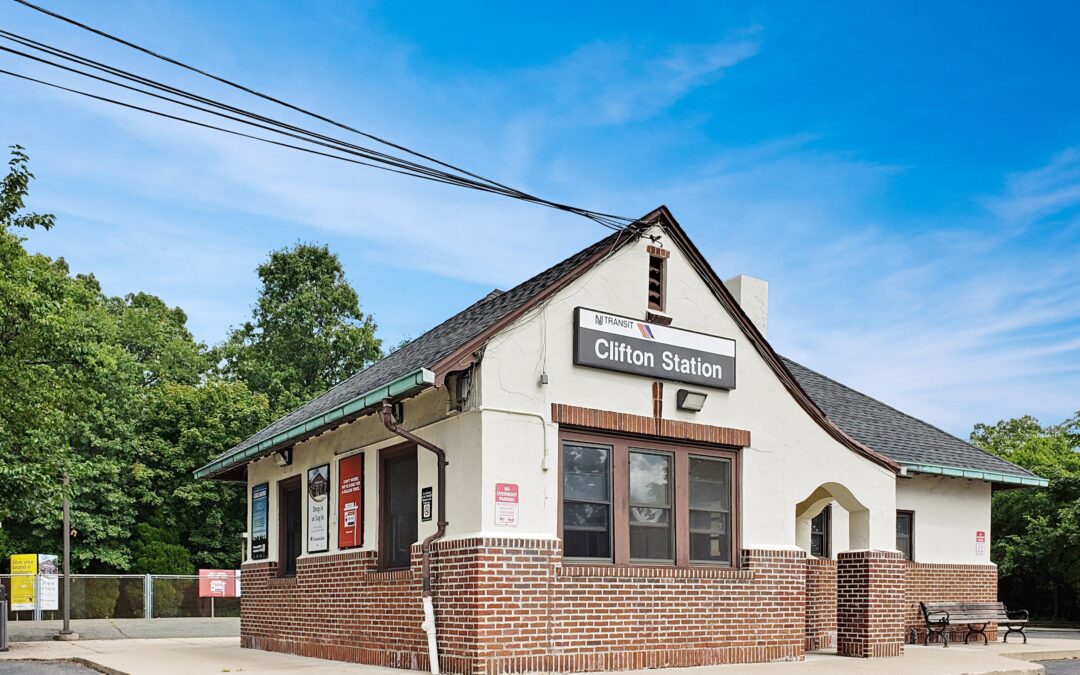
by robwp |
Clifton Housing Market Trends: What Sellers Need to Know
Why Understanding The Clifton Housing Market Trends Matters
Are you wondering, “What’s happening in the Clifton housing market right now?” Knowing current trends is essential for anyone planning to sell a home in Clifton. These insights help you determine the best pricing strategy, timing, and marketing approach. Roberto A. Sanchez and the Sanchez Realty Group at United Real Estate are experts in Clifton real estate, have in-depth knowledge of the many neighborhoods and overall market as residents over 30 years, and offer invaluable guidance to home sellers.
What Defines a Seller’s Market in Clifton?
A seller’s market occurs when there are more buyers than available homes. Clifton, NJ, is currently experiencing this phenomenon, driven by:
- Limited Inventory: The number of homes for sale in Clifton is relatively low, creating competition among buyers.
- High Demand: Buyers are attracted to Clifton for its convenient location, excellent schools, and vibrant community.
- Rising Home Prices: With high demand and low supply, home values in Clifton have steadily increased, giving sellers the upper hand.
- Buyers’ Desirability: Buyers are offered diversity, convenience and affordability
Understanding these dynamics can help sellers set realistic expectations and prepare for a smooth transaction process.
Key Trends in the Clifton Real Estate Market
Trend #1: Rising Home Prices
Clifton has seen consistent home price appreciation over the past few years. For sellers, this trend means greater returns on investment. According to recent market reports, the average home price in Clifton has increased by X% compared to last year, reflecting strong buyer demand.
Rising prices not only benefit sellers but also indicate a healthy, stable market. However, pricing too high can still deter potential buyers. Consulting with an experienced real estate agent, like Roberto A. Sanchez, can help you strike the perfect balance.
Trend #2: Low Days on Market
Homes in Clifton are selling faster than ever. The average days on the market (DOM) have decreased, signaling a robust market where well-priced homes attract offers quickly. Sellers who price competitively can expect multiple offers within days of listing.
This fast pace means sellers need to be prepared. Before listing, ensure your home is market-ready with necessary repairs, decluttering, and staging. Quick sales require strategic planning, which is where the expertise of Sanchez Realty Group becomes invaluable, negotiation skills is a must in today’s market to help you achieve your highest price gains while enjoying a stress-free possible transaction.
Trend #3: Buyer Preferences Are Shifting
Today’s buyers are prioritizing:
- Home Offices: With more people working remotely, functional office spaces are a top priority.
- Outdoor Living: Features like decks, patios, and spacious yards are highly desirable.
- Modern Kitchens and Bathrooms: Updated, move-in-ready homes often fetch higher prices.
- Open Layout and Modern Decor: Preparing your home and introducing subtle and economical updates could bear the best return on investment (ROI).
If your Clifton home aligns with these trends, you’re in a strong position to attract motivated buyers. Even if your home doesn’t currently meet these criteria, small upgrades can significantly enhance its appeal.
Trend #4: Technology-Driven Home Searches
The rise of online platforms and virtual tours has transformed how buyers search for homes. Most buyers begin their search online, presenting high-quality photos, detailed and well-crafted listing descriptions, virtual walkthroughs, and matter-port, aerial videos, and neighborhood-specific informational videos are essential. Sellers in Clifton should leverage these tools to showcase their homes effectively. Partnering with a tech-savvy real estate team like Sanchez Realty Group ensures your home receives maximum online and offline exposure.
Trend #5: Local Market Stability
Clifton’s real estate market has remained stable despite national economic fluctuations. The town’s strong sense of community, excellent amenities, and proximity to major cities make it a desirable location. This stability reassures both buyers and sellers, fostering confidence in the market.
How to Leverage Market Trends to Your Advantage
Work with an Experienced Realtor
Partnering with an experienced Clifton real estate agent like Roberto A. Sanchez ensures you have access to the latest market data and professional insights. Sanchez Realty Group excels at positioning your home to maximize its value in today’s market.
An experienced agent can also guide you through negotiations, helping you secure the best possible price and terms. Their expertise is especially critical in a fast-moving market like Clifton’s, where timing and strategy can make all the difference.
Price Strategically
Setting the right price is crucial. Overpricing can deter buyers while underpricing leaves money on the table. With expert guidance from Sanchez Realty Group, you’ll receive a detailed comparative market analysis (CMA) to determine the optimal price for your home.
Strategic pricing involves understanding both local and national trends. For example, while Clifton may be experiencing a seller’s market, broader economic factors like interest rates and inflation can still impact buyer behavior. A knowledgeable real estate agent will help you navigate these complexities.
Timing Your Sale
While the Clifton market is currently favorable for sellers, timing your sale strategically can further enhance your results. Consider seasonal trends, buyer activity, and your personal goals when planning your sale. For example:
- Spring and Summer: These are traditionally the busiest times for real estate, especially in the Northeast due to the warmer, longer days, with more buyers actively searching for homes.
- Fall and Winter: Although less busy, these seasons can still be advantageous, especially for well-prepared sellers. Serious buyers who remain active during these months are often highly motivated and ready to transact which might be best since you have a lot less competition with less homes in the market.
Enhance Your Home’s Appeal
Even in a seller’s market, presentation matters. Invest in minor upgrades, such as fresh paint, updated fixtures, and landscaping, to make your home more appealing. Staging your home can also help buyers envision themselves living there, increasing the likelihood of a quick sale.
Why Choose Sanchez Realty Group?
Selling a home in Clifton requires a tailored approach, and that’s exactly what you’ll get with Roberto A. Sanchez. With deep local knowledge and a proven track record, intrinsically knowledgeable about the Clifton Housing Market Trends, Sanchez Realty Group ensures your home stands out in the competitive Clifton market. From expert staging advice to aggressive marketing strategies, they handle every detail to secure the best outcome, always looking after your best interest.
Sanchez Realty Group’s commitment to personalized service sets them apart. By taking the time to understand your goals and concerns, they create a customized selling strategy that meets your needs. Their extensive network and marketing expertise further enhance your home’s visibility, attracting qualified buyers and maximizing your return.
Conclusion
Understanding housing market trends is key to a successful home sale in Clifton, NJ. By staying informed and working with an expert real estate agent like Roberto A. Sanchez, you’ll be well-equipped to navigate the market and achieve your goals.
Selling a home is a significant milestone, and you don’t have to go through it alone. Contact Sanchez Realty Group today to schedule a consultation and take the first step toward a successful sale.


